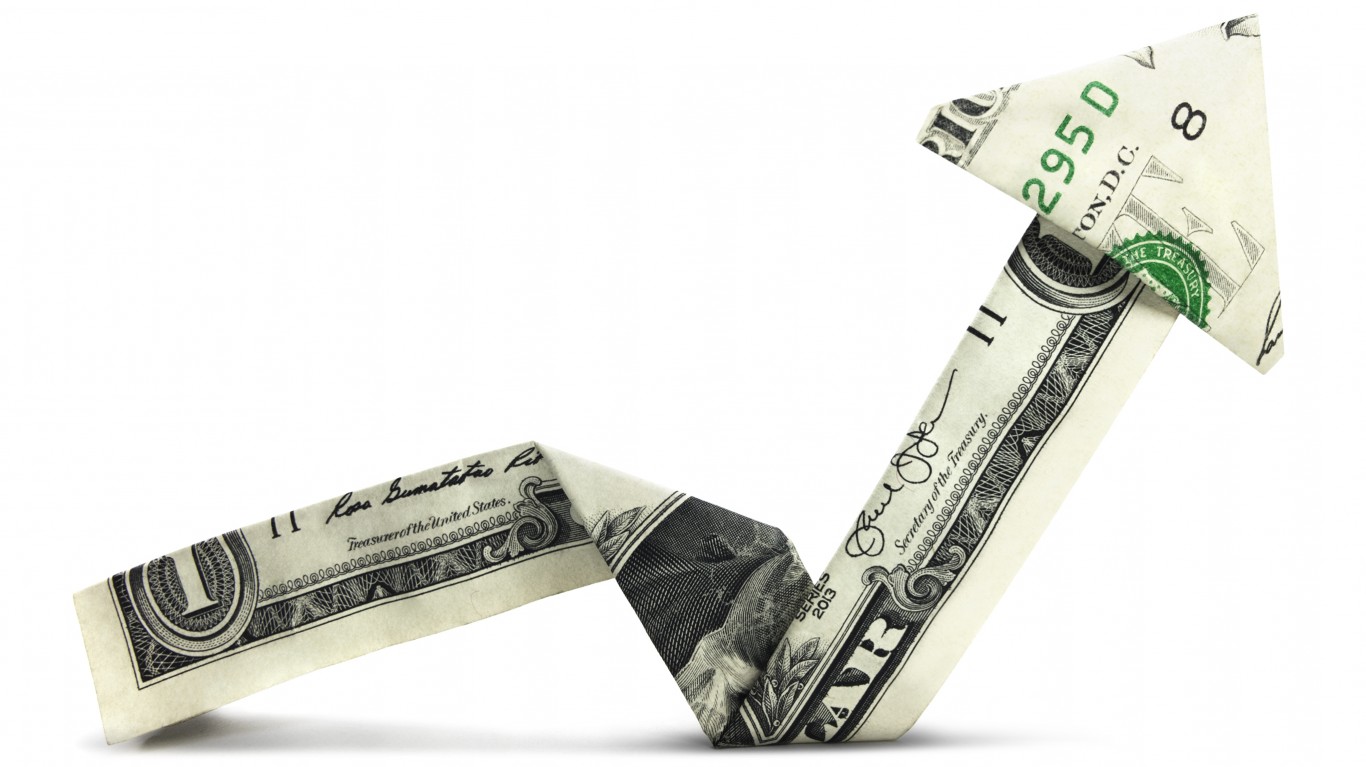
Boeing Co. (NYSE: BA) stock rose by nearly 6% on Wednesday following the company’s first-quarter earnings report. Boeing announced an adjusted diluted per-share loss of $1.70 on revenues of $16.91 billion. Consensus estimates called for a per-share loss of $1.58 on revenues of $17.31 billion.
Thursday morning the company filed a preliminary prospectus to issue seven tranches of senior notes with maturities running from three to 40 years. Senior debt securities will rank equally with all of Boeing’s unsecured and unsubordinated indebtedness. Subordinated debt securities will be subordinated to all of the company’s existing and future senior indebtedness. Amounts were not specified, nor was the coupon on the notes.
S&P Global Rating put a rating of BBB− on the proposed debt, the lowest of the agency’s investment-grade ratings. The rating is the same as S&P’s long-term issuer credit rating.
In a comment on its rating, S&P assumed offerings totaling $10 billion:
Pro forma for the proposed transaction and assuming the company issues $10 billion of notes, its capital structure comprises $46.9 billion of unsecured debt issued by Boeing and $2 billion of debt (excluding intercompany loans) issued by subsidiary Boeing Capital Corp. (BCC). We consider BCC to be a captive finance company, thus we do not include its debt in our analysis.
In its filing, Boeing said it planned to use the net proceeds from the sale for general corporate purposes, including, among other things, repayment of debt, repurchases of common stock, acquisitions, additions to working capital, capital expenditures, pension funding and funding and investments in subsidiaries, including BCC. Net proceeds may be temporarily invested prior to use.
Boeing suspended its share buybacks last year and did the same with its dividend just recently.
A senior unsecured note issued in 2009 with a maturity date of 2040 dropped below 80 cents on the dollar last year, following the grounding of the 737 Max. That note now trades at just over 100 cents and pays a coupon of 5.875%. S&P assigned an A rating to that $450 million note.
Given the much lower rating, it’s fair to assume that Boeing’s coupon on long- and short-term debt will be higher than the company is used to paying.
With global air traffic at a near standstill and orders for new commercial jets declining or being canceled, Boeing CEO David Calhoun has to choose between offering new debt that may well exceed S&P’s $10 billion assumed total or sidling up to the U.S. government and exchanging some of Boeing’s equity for an injection of federal cash.
Calhoun already has said he does not favor trading equity for cash, but that was before it became clear that the COVID-19 pandemic could affect demand for air travel for a much longer time. If people are not flying, Boeing’s customers are not ordering and buying new airplanes.
Boeing stock traded up about 4% earlier Friday morning, although the gain has melted to about 0.3% in the noon hour to $139.26. The stock’s 52-week range is $89.00 to $391.00, and the 12-month consensus price target is $155.22.
Get Ready To Retire (Sponsored)
Start by taking a quick retirement quiz from SmartAsset that will match you with up to 3 financial advisors that serve your area and beyond in 5 minutes, or less.
Each advisor has been vetted by SmartAsset and is held to a fiduciary standard to act in your best interests.
Here’s how it works:
1. Answer SmartAsset advisor match quiz
2. Review your pre-screened matches at your leisure. Check out the advisors’ profiles.
3. Speak with advisors at no cost to you. Have an introductory call on the phone or introduction in person and choose whom to work with in the future
Get started right here.
Thank you for reading! Have some feedback for us?
Contact the 24/7 Wall St. editorial team.
 24/7 Wall St.
24/7 Wall St.